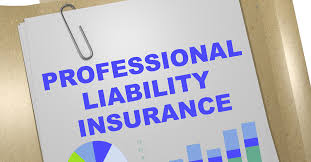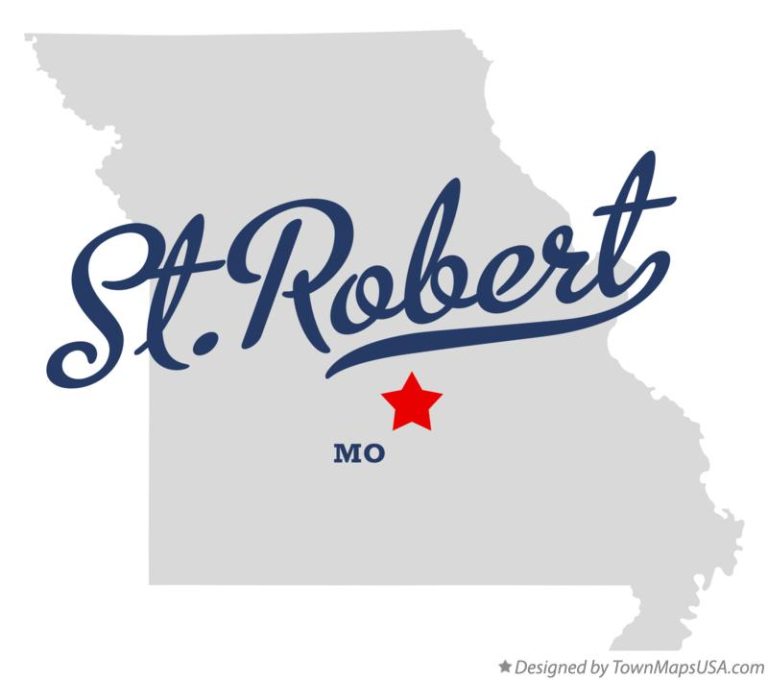In the intricate world of business, safeguarding your assets and employees is paramount. Two insurance policies play a crucial role in this protection: general liability insurance and workers’ compensation. While both offer essential coverage, they serve distinct purposes and cater to different risks. Let’s delve into the nuances of each to understand their importance and how they contribute to a secure business environment.
Contents
Understanding General Liability Insurance
General liability insurance is the bedrock of protection for businesses against a wide array of risks. It provides financial coverage for third-party claims of bodily injury, property damage, personal injury (such as libel or slander), and advertising injury. Let’s break down these key components:
Bodily Injury and Property Damage Liability
This coverage safeguards your business if a third party (customer, client, or visitor) sustains bodily injury or property damage on your premises or due to your operations. It can cover medical expenses, legal fees, and settlements, ensuring your business is not financially crippled by unexpected accidents.
Personal and Advertising Injury Liability
This coverage extends to claims of personal injury, which encompasses reputational harm caused by false statements, libel, slander, or invasion of privacy. It also covers advertising injury, including copyright infringement, misappropriation of advertising ideas, or defamation in advertising materials.
When Does General Liability Insurance Come into Play?
General liability insurance kicks in when your business is held legally liable for damages caused to others. Here are some common scenarios:
- A customer slips and falls in your store, resulting in injuries.
- Your product malfunctions and causes property damage to a client’s belongings.
- You accidentally injure a passerby while performing your business operations.
- A competitor accuses you of false advertising and sues for damages.
Understanding Workers’ Compensation Insurance
Workers’ compensation is a mandatory insurance policy in most states that provides benefits to employees who suffer work-related injuries or illnesses. Unlike general liability insurance, which protects your business from third-party claims, workers’ comp focuses on the well-being of your employees. Let’s explore its key features:
Medical Benefits
This coverage takes care of medical expenses incurred due to work-related injuries or illnesses. It includes hospital stays, doctor visits, surgeries, medications, and rehabilitation services, ensuring your employees receive the necessary medical care without financial burden.
Disability Benefits
If an employee becomes temporarily or permanently disabled due to a work-related incident, workers’ comp provides wage replacement benefits. These benefits help employees maintain their financial stability during their recovery and adjust to their new circumstances if the disability is permanent.
Death Benefits
In the unfortunate event of an employee’s death due to a work-related incident, workers’ comp provides death benefits to their dependents. These benefits typically include funeral expenses and a portion of the deceased employee’s wages to support their family during this difficult time.
When is Workers’ Compensation Insurance Required?
Workers’ compensation is typically mandatory for businesses with employees, although the specific requirements vary from state to state. Some states exempt businesses with a small number of employees or those in specific industries. However, it’s crucial to consult your state’s regulations to ensure compliance.
The Intersection of General Liability and Workers’ Comp
While general liability insurance and workers’ comp serve distinct purposes, they can intersect in certain scenarios. For instance, if an employee gets injured due to your negligence, they might file a claim under workers’ comp for medical benefits and wage replacement. However, they could also potentially sue you for additional damages, which is where general liability insurance would step in to protect your business from financial loss.
Choosing the Right Coverage for Your Business
Selecting the appropriate general liability insurance and workers’ comp coverage is crucial for comprehensive protection. Consider these factors when making your decision:
- The nature of your business: Different industries have varying risks, so tailor your coverage to address specific hazards.
- The size of your workforce: The number of employees you have will influence the type and extent of workers’ comp coverage you need.
- The state regulations: Research your state’s laws to ensure you comply with mandatory insurance requirements.
- Your budget: Balance the cost of coverage with the level of protection you need.
In Conclusion
General liability insurance and workers’ comp are two pillars of protection for businesses. While general liability insurance safeguards your business from third-party claims, workers’ comp protects your employees in the event of work-related injuries or illnesses. By understanding the nuances of each policy and choosing the right coverage, you can create a secure environment for your business and employees to thrive.







